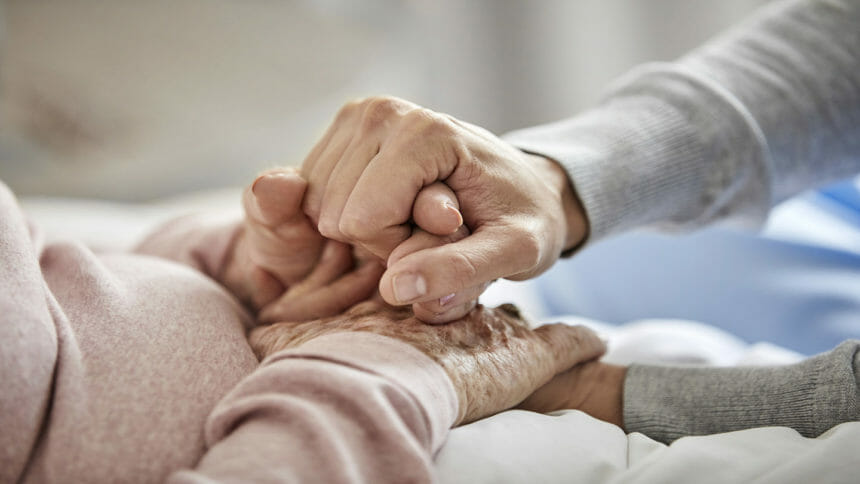
The Department of Health and Human Services unveiled its first national strategy to support family caregivers on Wednesday. Among the list of actions HHS recommended is the creation of a job classification for direct care workers and standardized training and accreditation across states.
“Supporting family caregivers is an urgent public health issue, exacerbated by the long-term effects of the COVID-19 pandemic,” HHS Secretary Xavier Becerra said in a statement. “This national strategy recognizes the critical role family caregivers play in a loved one’s life. I know the importance of this first-hand, as someone who cared for my late father and navigated the challenges associated with caregiving.”
The national strategy lists 350 actions the federal government will take to help family caregivers over the next year and 150 actions that can be adopted by state and local governments, as well as the private sector to build a safety net for family caregivers. They include:
- Increased funding to state, tribal and local health departments to embed family caregiving into public health infrastructure and planning
- Incentives for healthcare systems to incorporate family caregivers into healthcare decision-making
- Expansions to Medicare benefits, including respite care, adult day services and meals
- Financial support for caregiving initiatives through federal funding opportunities, including expansion of Older Americans Act and the Elder Justice Act funding opportunities
- Federal passage of family leave and expansion of FMLA to include smaller employers
The strategy is the result of the RAISE Family Caregivers Act, signed into law in 2018, which required HHS to come up with an action plan to aid family caregivers within 18 months of its passage. It was developed jointly through advisory councils and included input from family caregivers.
An estimated 53 million Americans provide informal, and typically unpaid, care to older adults and disabled people, according to the National Alliance for Caregiving and AARP. A 2015 study by AARP estimated family caregivers provide approximately $470 billion in unpaid care annually.
A poll released last week found one-third of family caregivers surveyed worried about juggling work and caregiving duties, while nearly half said using paid caregiving would reduce their emotional and physical stress.



